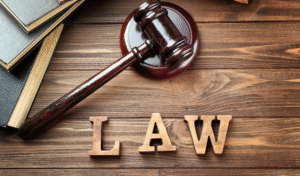The Role of Human Rights Law in Today’s World
Understanding the Foundation of Human Rights Law
Human rights law is a cornerstone of justice, ensuring that every individual enjoys dignity, equality, and freedom. It sets universal standards that protect people from abuse by governments, corporations, and even other individuals. These rights are enshrined in constitutions, treaties, and conventions, forming the backbone of modern democracy.
Whether it concerns freedom of expression, protection from discrimination, or the right to life, human rights law empowers individuals to challenge violations. It ensures that even the most marginalized groups have a voice and a shield against oppression.
By holding both state and private actors accountable, human rights law serves as a powerful equalizer. It ensures fairness in governance, economic participation, and social interactions.
Enforcing Human Rights in a Complex World
While the principles of human rights are universal, enforcement often presents challenges. Governments may resist scrutiny, and powerful actors sometimes exploit loopholes. Human rights law addresses this through both domestic courts and international tribunals, offering multiple avenues for redress.
Non-governmental organizations and advocacy groups also play a crucial role in enforcement. They amplify voices, monitor violations, and push for reforms. Lawyers specializing in human rights law provide representation, ensuring that victims of abuse can access justice regardless of their background.
In addition, businesses are increasingly held accountable under human rights frameworks. From labor rights to environmental concerns, corporations are expected to respect human dignity as part of their operations.
The Future of Human Rights Protection
Human rights law is not static; it evolves with global challenges. Issues like digital privacy, climate justice, and refugees’ rights highlight the growing scope of this field. Legal practitioners must adapt constantly to protect individuals in new and emerging contexts.
Moreover, education and awareness remain essential. Human rights are only effective when people know them and assert them. By fostering a culture of awareness, societies empower individuals to hold institutions accountable.
Ultimately, human rights law strengthens democracy, peace, and justice worldwide. By championing universal values, it ensures that progress does not come at the cost of human dignity.





